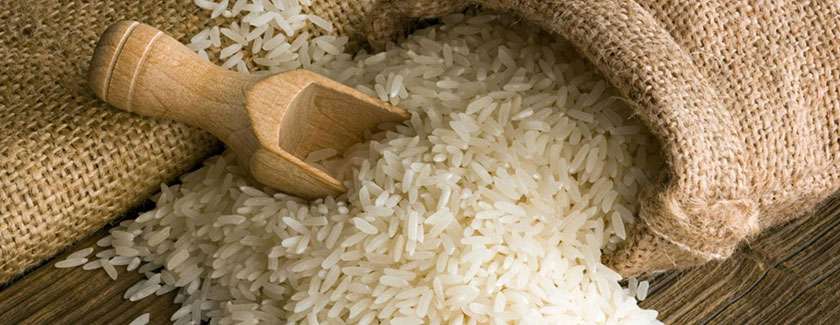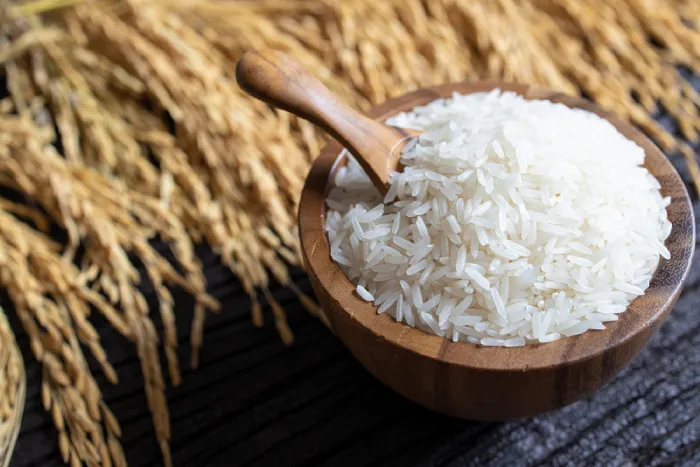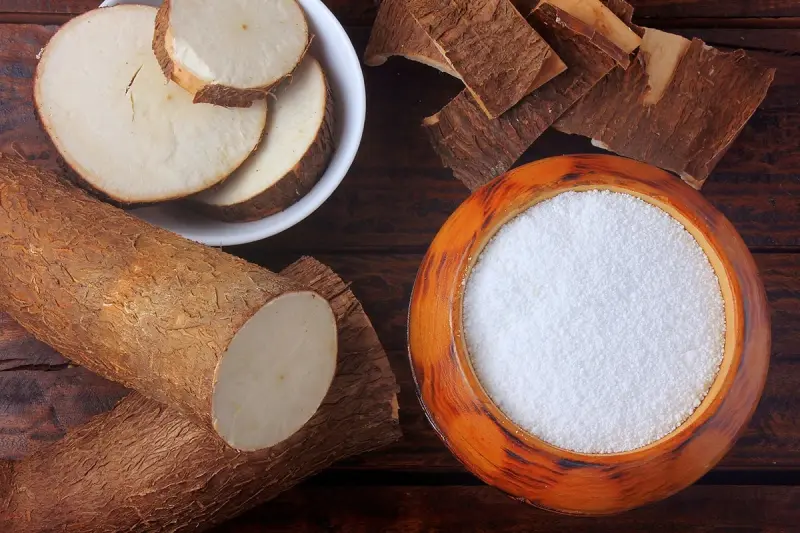RICE MILK
Are you protein intolerant? Do you face bloating or gas after consuming dairy products? The only go-to product for you, then, is rice milk. Shafi Gluco Chem strikes the mind when you talk about the superlative Rice Milk Suppliers in the USA or any other country. Shafi Gluco Chem is deemed to be the Best Rice Milk Supplier around the globe. What makes them the Best Rice Milk Supplier, are the certifications they have been awarded like HACCP and ISO 9002 from UKAS, etc. Shafi Gluco Chem is also an unsurpassed Rice Milk Supplier in the USA supplying quality sweeteners since 2003, globally.
Shafi Gluco-Chem, being the best Rice Maltodextrins Supplier in the USA portrays its soft image in America by offering optimum quality of Rice Maltodextrin. The company claims that our products are the most suitable products for US citizens as they are more concerned with diabetes issues. We assure you the low extent of sugar in our Rice Maltodextrin just because we are the best Rice Maltodextrins Supplier in the USA.
Being the Best Rice Milk Supplier, Shafi Gluco Chem is very much involved in quality enhancement and excellence, thereby, surpassing the other Rice Milk Suppliers in the USA. To be entitled as the Best Rice Milk Supplier among the other Rice Milk Suppliers in the USA, they strive to make their rice milk the best dairy milk alternative to be served as the cure to allergies.
What is Rice Milk?
Rice milk is a plant-based milk beverage made from ground rice kernels and water. It goes through a process of soaking, grinding, and filtering to create a creamy, slightly sweet beverage. Unlike dairy milk, rice milk is naturally lactose-free and low in saturated fat. Additionally, many brands fortify rice milk with calcium, vitamin D, and vitamin B12, making it a potentially nutritious alternative for those who avoid dairy.
The Rise of Rice Milk
Rice milk has emerged as a popular dairy-free milk alternative, particularly for those with lactose intolerance or following a vegan diet. It’s made by soaking and blending rice with water, then straining the liquid to create a smooth, slightly sweet beverage. But is rice milk just a fad, or does it offer real benefits? Let’s delve deeper into the world of rice milk, exploring its uses, varieties, and how it compares to other vegan milk.
Why Choose Rice Milk?
There are several reasons why rice milk might be your perfect cup of (plant-based) tea:
- Lactose-Free: If you struggle with digesting lactose, a sugar naturally found in dairy milk, rice milk offers a delicious and worry-free alternative.
- Vegan-Friendly: Vegans who avoid all animal products can enjoy rice milk as it’s entirely plant-based.
- Nut-Free: For those with nut allergies, rice milk presents a safe and tasty option compared to nut-based milk varieties like almond or cashew milk.
- Lighter Texture: Rice milk boasts a naturally lighter and slightly sweet taste compared to dairy milk, making it a refreshing choice for cereal or smoothies.
- Fortified Options: Many commercially available rice milk brands are fortified with vitamins and minerals like calcium, vitamin D, and vitamin B12, potentially boosting your nutrient intake.
FAQs
1. Is rice milk healthy?
Rice milk can be a healthy dairy alternative, especially if fortified with essential vitamins and minerals. However, it’s naturally lower in protein and fat compared to dairy milk. Consider incorporating other sources of protein and healthy fats into your diet.
2. Does rice milk have any downsides?
While generally safe, some potential drawbacks exist:
- Sugar Content: Some commercially prepared rice milk can be high in added sugar. Opt for unsweetened varieties or control the sweetness with natural options like dates or maple syrup.
- Arsenic Levels: Rice can absorb arsenic from the soil. Look for brands that test for low-arsenic content.
- Environmental Impact: Large-scale rice production can have environmental consequences like water depletion. Choose brands committed to sustainable practices.
3. How does rice milk compare to other vegan milks?
Here’s a quick comparison of popular vegan milks:
- Almond Milk: Lower in calories and fat than rice milk, but contains nuts.
- Soy Milk: A good source of protein and naturally higher in calcium than rice milk.
- Oat Milk: Creamy texture similar to whole milk, but can be higher in carbohydrates.
- Coconut Milk: High in fat and calories, with a distinct coconut flavor, best suited for specific recipes.











